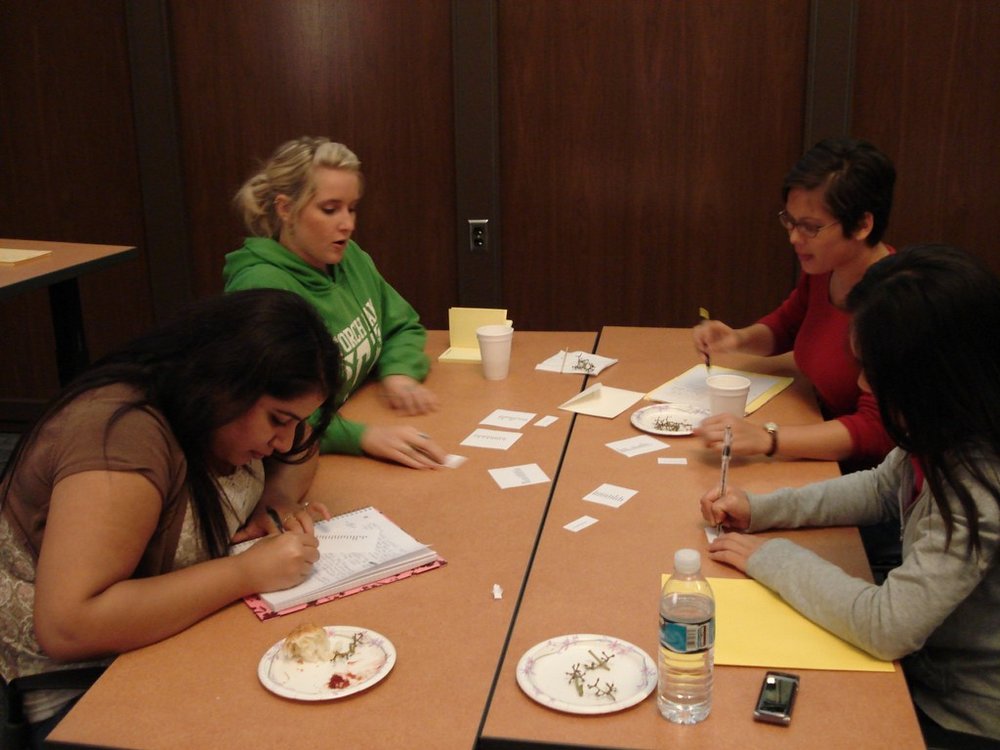An Hour Makes a Difference By Scott Jaschik
 For years, studies have found that first-generation college students -- those who do not have a parent with a college degree -- lag other students on a range of education achievement factors. Their grades are lower and their dropout rates are higher. But since such students are most likely to advance economically if they succeed in higher education, colleges and universities have pushed for decades to recruit more of them. This has created "a paradox" in that recruiting first-generation students, but then watching many of them fail, means that higher education has "continued to reproduce and widen, rather than close" an achievement gap based on social class, according to the depressing beginning of a paper forthcoming in the journal Psychological Science. But the article is actually quite optimistic, as it outlines a potential solution to this problem, suggesting that this approach (which involves a one-hour, next-to-no-cost program) can close 63 percent of the achievement gap (measured by such factors as grades) between first-generation and other students.
For years, studies have found that first-generation college students -- those who do not have a parent with a college degree -- lag other students on a range of education achievement factors. Their grades are lower and their dropout rates are higher. But since such students are most likely to advance economically if they succeed in higher education, colleges and universities have pushed for decades to recruit more of them. This has created "a paradox" in that recruiting first-generation students, but then watching many of them fail, means that higher education has "continued to reproduce and widen, rather than close" an achievement gap based on social class, according to the depressing beginning of a paper forthcoming in the journal Psychological Science. But the article is actually quite optimistic, as it outlines a potential solution to this problem, suggesting that this approach (which involves a one-hour, next-to-no-cost program) can close 63 percent of the achievement gap (measured by such factors as grades) between first-generation and other students.
What is the solution? A one-hour program for new students that is called a "difference-education intervention."
In the program, college juniors and seniors from a range of backgrounds talk about how they adjusted to college, and how they sought out resources and people to help them with decisions, issues they didn't understand and so forth.

Among the areas where they found a notable impact from participants in the program: higher grade-point averages and significant increase in the odds of using various campus resources that help students with a range of issues. The authors of the paper are Nicole M. Stephens, associate professor of management and organizations at the Kellogg School of Management at Northwestern University; MarYam G. Hamedani, associate director of the Center for Comparative Studies in Race and Ethnicity at Stanford University; and Mesmin Destin, assistant professor of psychology at Northwestern University. Their findings are based on a study involving 147 students (who completed the project) at an unnamed private university. First generation was defined as not having a parent with a four-year college degree. Most of the first-generation students (59.1 percent) were recipients of Pell Grants, while this was true only for 8.6 percent of the students with at least one parent with a four-year degree. Their thesis -- that a relatively modest intervention could have a big impact -- was based on the view that first-generation students may be most lacking not in potential but in savvy about how to deal with the issues that face most college students. They cite past research by several authors to show that this is the gap that must be narrowed to close the achievement gap.
Many first-generation students "struggle to navigate the middle-class culture of higher education, learn the 'rules of the game,' and take advantage of college resources," they write. And this becomes more of a problem when colleges don't talk about the class advantages and disadvantages of different groups of students. "Because U.S. colleges and universities seldom acknowledge how social class can affect students' educational experiences, many first-generation students lack insight about why they are struggling and do not understand how students 'like them' can improve."
